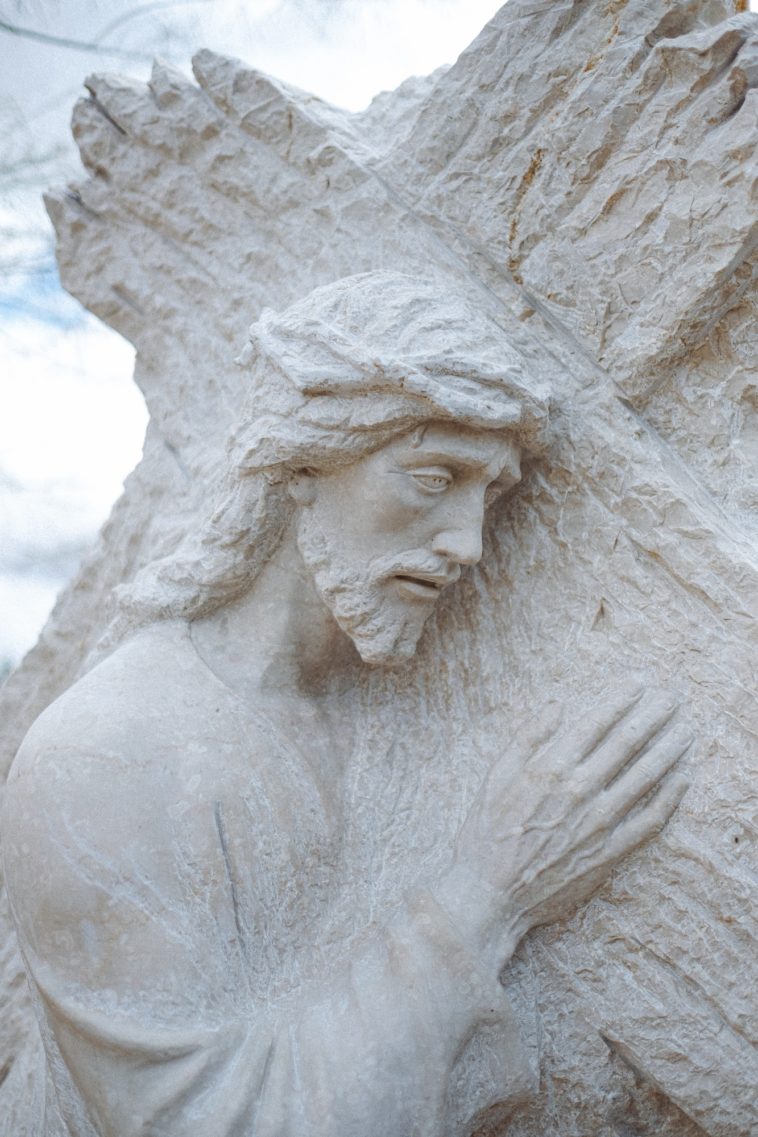Protestantism is one of the key branches within the larger context of Christianity. Narrowly defined, it involves Christian communities and denominations that refute the universal jurisdiction of the Pope and affirm core principles of the Reformation. These principles include salvation achieved solely through faith, the idea that every Christian has the ability to serve as a priest, and the elevated importance of the Bible as the exclusive source of divine revelation. More broadly, Protestantism is understood as any form of Christianity that is not part of the Eastern Orthodox or Roman Catholic traditions.
Historical Background
The Reformation
Protestantism originated from the Reformation, a revolutionary movement that emerged in the early 16th century. Pioneered by theological scholars and clerics such as Martin Luther, John Calvin, and Huldrych Zwingli, the Reformation aimed to rectify numerous doctrinal and administrative issues that plagued the Roman Catholic Church at the time. One pivotal moment in this period was Martin Luther’s 95 Theses, which questioned and critiqued several practices of the Catholic Church, most notably the sale of indulgences.
Emergence of Various Denominations
In the wake of the Reformation, a multitude of Protestant denominations were established. These ranged from Lutheran and Calvinist to Methodist, Baptist, and Anglican, each with their unique interpretations of Christian theology, liturgical practices, and organizational frameworks.
Core Doctrines
Justification Through Faith Alone
The Protestant doctrine of justification by faith alone posits that human salvation is achieved exclusively through faith in Jesus Christ, as opposed to a combination of faith and good deeds, which is the view held by the Roman Catholic Church.
The Priesthood of All Believers
The Protestant belief in the ‘priesthood of all believers’ posits that every Christian has direct access to God, negating the need for an institutionalized clergy to act as intermediaries in religious rituals or divine interpretation.
Primacy of the Bible
The Bible holds a primary position in Protestantism as the ultimate authority on divine truth. This is in contrast to the Roman Catholic and Eastern Orthodox traditions, which consider Church traditions to be equally authoritative.
Comparative Analysis
| Attributes | Protestantism | Catholicism | Eastern Orthodox |
|---|---|---|---|
| Central Authority | None (Papal authority rejected) | Pope | Patriarch |
| Source of Divine Truth | Bible alone | Bible + Church Tradition | Bible + Church Tradition |
| Key Principles | Justification by Faith, Priesthood of All, Bible’s Primacy | Faith + Works, Seven Sacraments, Papal Authority | Holy Tradition, Seven Ecumenical Councils |
| Historical Origin | 16th Century (Reformation) | 1st Century CE | 1st Century CE, formalized after the Schism in 1054 |
Conclusion
In summary, Protestantism is a major and diverse segment of Christianity. Originating from the Reformation, it distinguishes itself from other branches of Christianity through its unique emphasis on individual faith, the universal priesthood of all believers, and the singular authority of the Bible. Over the centuries, it has branched out into a variety of denominations, each adding to the complex mosaic of Protestant theological and liturgical practices.
Through this comprehensive overview, the intricacies and core tenets of Protestantism are highlighted, providing a detailed understanding of its history, beliefs, and its differences from other major Christian denominations. It remains a significant religious force, shaping not only spiritual but also societal and cultural dimensions globally.





